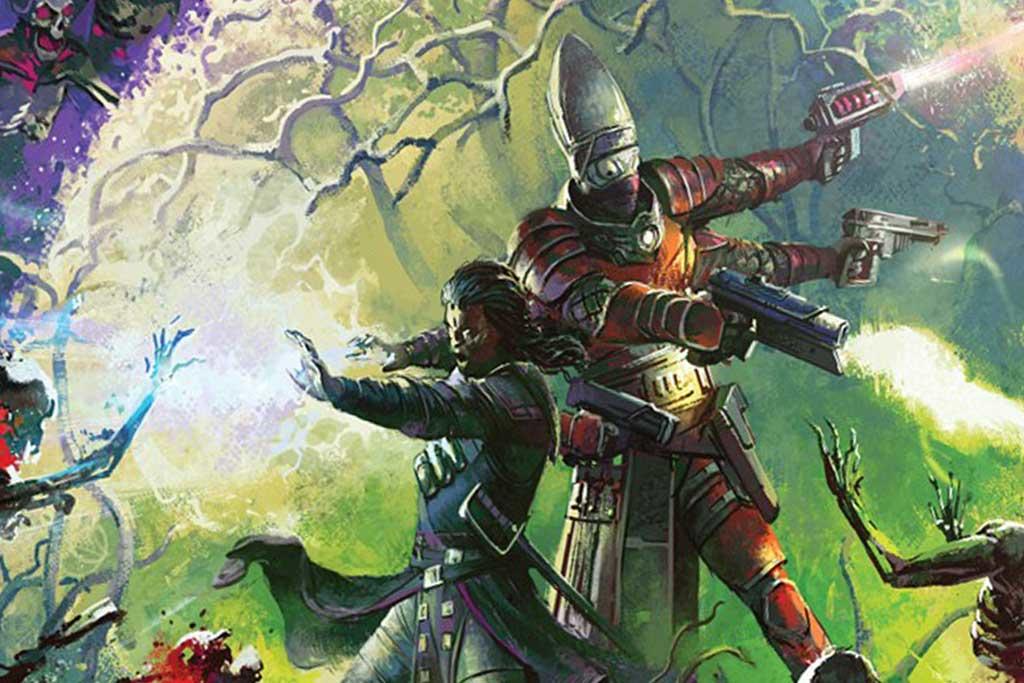Starfinder Enhanced Announced

Paizo has announced Starfinder Enhanced, a new rulebook for Starfinder that provides updates to several classes and adds new subsystems to the sci-fi roleplaying game. This week, Paizo announced plans to release Starfinder Enhanced, which contains four revised classes along with new class features, characters, options, archetypes, spells, equipments, and feats. The new rulebook will also contain rules for scalable equipment that grows in power as a player levels up and new subsystems for narrative starship combat and expanded creature companions. Starfinder Enhanced also contains 12 new playable species, including the kitsune to novians, living motes born from dying stars. More details about the book will be released in the coming weeks and months.
Starfinder Enhanced is an equivalent to Pathfinder Unchained, a 2015 rulebook that updated several Pathfinder 1E classes in the hopes of making them more balanced and streamlined. At least one concept from Pathfinder Unchained seems to have made its way into Starfinder Enhanced, as Pathfinder Unchained also had scalable magic items. Starfinder Enhanced shouldn't be looked at as a revised or new edition, but rather a balance patch for the game.
Starfinder is a science-fiction tabletop RPG set in the same universe and timeline as Pathfinder, Paizo's popular fantasy RPG series. Starfinder takes place in the distant future after the planet Golarion (where Pathfinder is set) has mysteriously disappeared. Starfinder contains many of the same playable ancestries and monsters as Pathfinder, although often with sci-fi twists. Starfinder also includes conversion rules intended to help move monsters from the original Pathfinder system over to the game. While Starfinder uses a d20 system similar to Pathfinder (which in turn was derived from Dungeons & Dragons 3.5E), the game's mechanics have been streamlined for ease of use.
Related:
Starfinder Enhanced will be released in October 2023 and will cost $44.99.
* This article was originally published here
Comments
Post a Comment